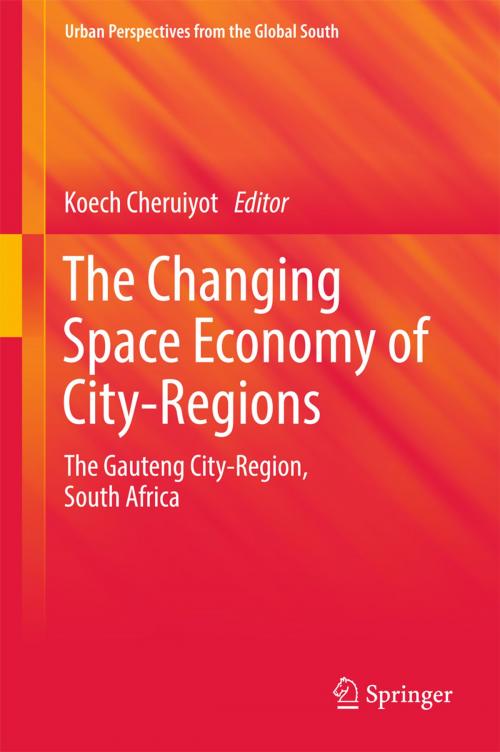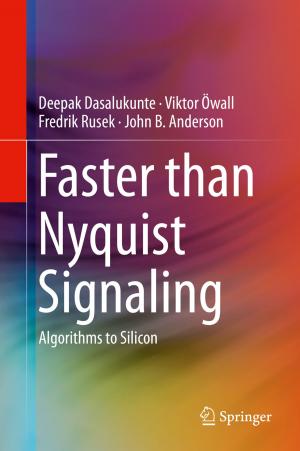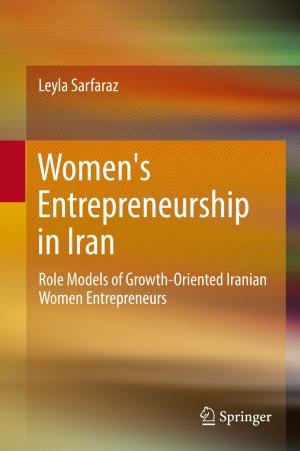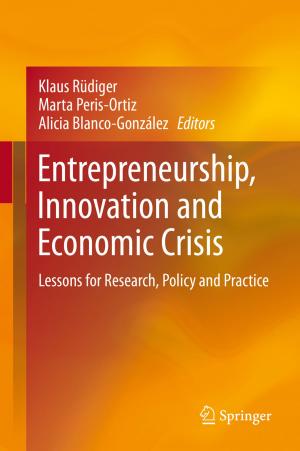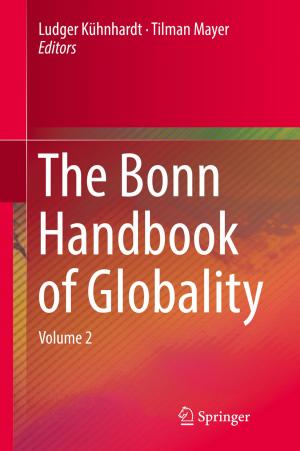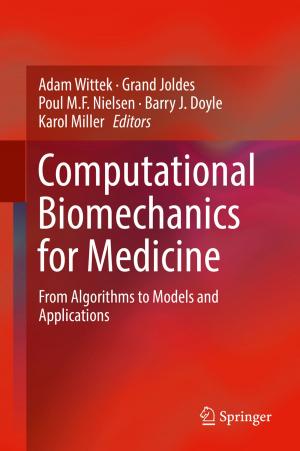The Changing Space Economy of City-Regions
The Gauteng City-Region, South Africa
Nonfiction, Science & Nature, Science, Earth Sciences, Geography, Social & Cultural Studies, Social Science, Human Geography| Author: | ISBN: | 9783319674834 | |
| Publisher: | Springer International Publishing | Publication: | October 30, 2017 |
| Imprint: | Springer | Language: | English |
| Author: | |
| ISBN: | 9783319674834 |
| Publisher: | Springer International Publishing |
| Publication: | October 30, 2017 |
| Imprint: | Springer |
| Language: | English |
This book addresses the South African Space Economy and its stark disparities and dualisms through an assessment of the Gauteng City-Region – the largest economic agglomeration in the country and on a continent bedevilled by a myriad of development challenges. The book’s focus on understanding the overall character of Gauteng City-Region’s Space Economy – through data mining/analysis and mapping – comprehensively supplements the Space Economy literature on the region. It covers the disparities exacerbated by an overlay of apartheid planning ideology and top-down regional development based on selective encouragement of manufacturing investments in growth points or poles and how implementation of past policies intended to cure these disparities have yielded mixed results. This book further offers the Gauteng City-Region as a microcosm of the national economy in the form of evident significant placed-based variations in the intensity and character of economic structure that on the one hand enjoys massive agglomeration economies, while on the other, has high levels of poverty and large numbers of people living below the Minimum Living Level. This book should appeal to urban studies specialists, economists and development studies researchers in the Global South.
This book addresses the South African Space Economy and its stark disparities and dualisms through an assessment of the Gauteng City-Region – the largest economic agglomeration in the country and on a continent bedevilled by a myriad of development challenges. The book’s focus on understanding the overall character of Gauteng City-Region’s Space Economy – through data mining/analysis and mapping – comprehensively supplements the Space Economy literature on the region. It covers the disparities exacerbated by an overlay of apartheid planning ideology and top-down regional development based on selective encouragement of manufacturing investments in growth points or poles and how implementation of past policies intended to cure these disparities have yielded mixed results. This book further offers the Gauteng City-Region as a microcosm of the national economy in the form of evident significant placed-based variations in the intensity and character of economic structure that on the one hand enjoys massive agglomeration economies, while on the other, has high levels of poverty and large numbers of people living below the Minimum Living Level. This book should appeal to urban studies specialists, economists and development studies researchers in the Global South.
